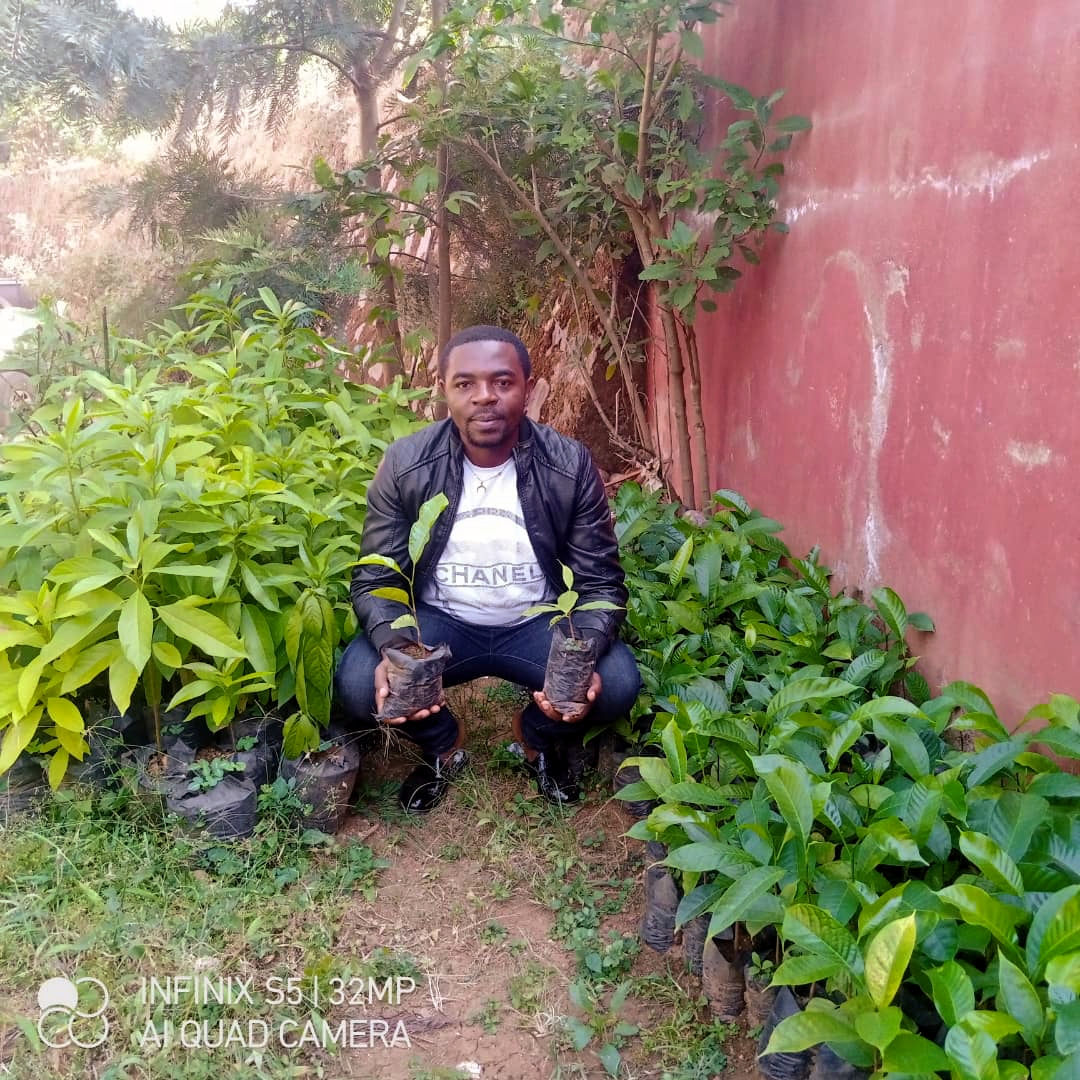Most people living in the vicinity of the Congo-Basin tropical rain forest have at one point in their lives had to depend on forests resources either directly or indirectly. In this regards, inclusive and sustainable management of forests and associated natural resources is not only crucial for continued harmonious and sustainable livelihoods of all who directly depend on forest resources but also for sustainable biodiversity conservation and the protection of mother earth. In this regards, the role of forest resource dependent women who have differentiated experiences in forest resource management is crucial for sustainability, management, conservation as well as for livelihood enhancement. However, research has so far shown that their roles and needs in forest resource management are ignored or unaddressed and they are often excluded from decision making processes despite their daily interaction with the forest and its resources. The goal of this research is to contribute to knowledge on pathways of effective gender mainstreaming in inclusive and sustainable community forest management and conservation in the East Region of Cameroon. The East region of Cameroon is in effect, one of the most forested zone of the country, yet, is the least conserved.

Lueong Lovees Ahfembombi
Year Awarded: 2023
Published: